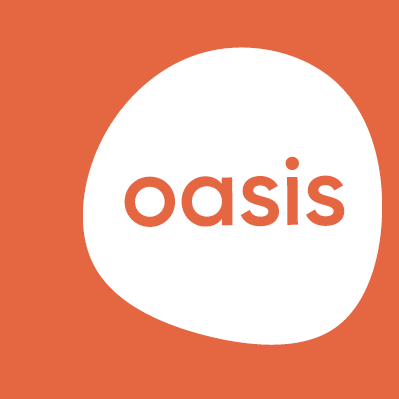Hope in a Time of Collapse
Sometimes it feels like every week brings another shock on climate change. Reports from the UN, wildfires, floods, record temperatures in the Arctic. No matter how much we do, things just seem to get worse and worse. No wonder 60% of young people report feelings of “climate anxiety”[i]. The potential for a sense of overwhelm gets greater by the day.
So what do you do when faced with such a vast and seemingly intractable problem? Perhaps you have had experiences in your own life where you’ve worked through overwhelm or a sense of powerlessness.
One response can be to ignore it and carry on. That can work for a while, but it usually comes back to bite you! Another is to turn and face into it. This can be painful at the time. We can experience a “dark night of the soul” when we lose ourselves in grief or despair. I know this feeling from when I lost my brother to cancer eight years ago. We are changed by these experiences. I know I lost some of my sense of innocence and joy but came out of it somehow stronger and more grounded.
Then there is another step in facing mega-challenges. It’s about finding agency through hope. As former Czech President, Václav Havel once said, “Hope is not the conviction that something will turn out well, but the certainty that something is worth doing no matter how it turns out.” This begs the question: what is worth doing, no matter how things turn out? This is where our agency comes from – doing the right thing within our own sphere of influence. Using our skills, resources and capabilities to bring about change.
But what kind of change? In the face of the modern world’s challenges I’d argue that we have to think big (while acting small and starting now). We have gone way past the days when sustainability is enough. Too much damage has already been done. We need to aim for repair and restoration. Regeneration is key.
How do we know if we’re being regenerative? Here are three questions that will help:
1. Does our work contribute to the thriving of all life?
2. Are we healing the future or stealing the future?[ii]
3. Does what we’re doing build strength through diversity?
If your answer to any one of these is negative, it might be time to take a pause for reflection and red esign. Only initiatives based on all three propositions will be enough to see us into a healthy and thriving future. Everything else is part of the problem not the solution.
The great thing is that this leaves a vast array of ways to contribute. Our Navigating the Unimaginable documents some of these in the report Emerging Responses. We also provide resources for Coming to Terms with Potential Collapse, together with a global Framework for Action.
The point is that it’s true to say things are desperate and currently getting worse. But they are not hopeless. There are ways that every single one of us can make a difference. And now is the time to step up. You can make changes to your own lifestyle and purchasing patterns. These will help. But your real power is in collaboration with others. That’s why changes in organisations and communities are so impactful. Changing your business model from extractive to regenerative, building food resilience in your community or greening your neighbourhood – these are some of the most powerful things any of us can do. And in the spirit of Václav Havel, they are worth doing whatever happens at the global scale.
For further information, you can listen to Chris talking about Hope in a time of collapse in this Oasis podcast. Learn more about the Oasis Raw Network. Contact us for more information on how we can help embed employee wellbeing through our oasis counselling services.
Chris Taylor
[i] https://www.bbc.co.uk/news/world-58549373
[ii] This question comes from Paul Hawken’s latest book Regeneration: ending the climate crisis in one generation, Penguin 2021.


